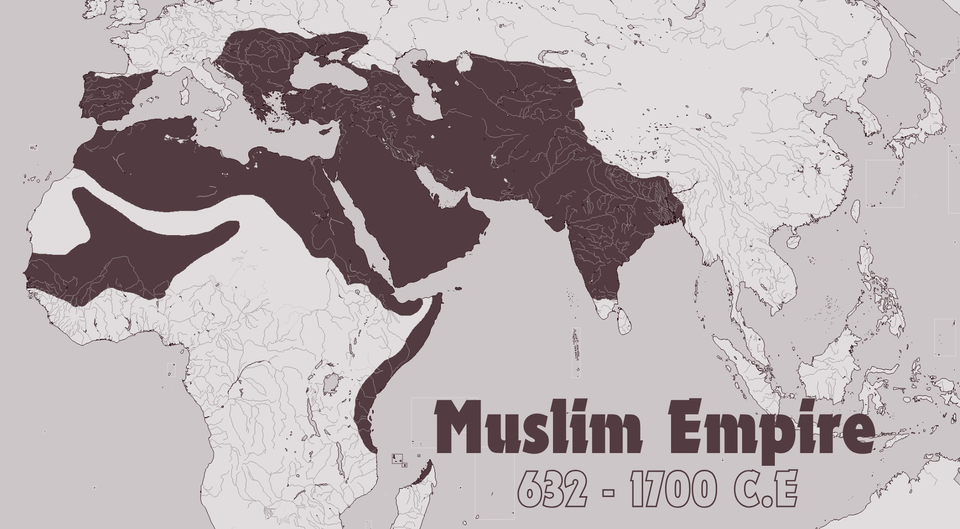Shaping the Future of Laser Manufacturing: A Look Inside an Innovative Educational Program

In the rapidly evolving world of laser manufacturing, the demand for skilled technicians is on the rise. Recognizing this need, educational institutions are stepping up to the plate, developing programs that not only impart theoretical knowledge but also provide hands-on experience with cutting-edge technology. One such program, developed by Connecticut's Regional Center for Next Generation Manufacturing (RCNGM) and implemented at Three Rivers Community College, is leading the way in preparing students for careers in this dynamic field.
The Laser Manufacturing Option, an addition to the Manufacturing Engineering Technology A.S. degree, was born out of an extensive job skills survey and personal interviews with industry personnel. The curriculum was meticulously designed to meet the needs of the laser manufacturing industry, focusing on interdisciplinary skills and knowledge across several disciplines. The program includes courses on laser safety, optoelectronics, and a capstone course on computer-controlled laser material processing.
The capstone course is where theory meets practice. Here, students delve into the mechanics, components, characteristics, and control of lasers used in the processing of engineering materials. They explore specific processes such as athermal processing, surface hardening, cladding, joining, cutting, marking, and welding, and get a taste of computer numerical control (CNC) concepts and programming.
To facilitate hands-on learning, the RCNGM equipped the Three Rivers Manufacturing Laboratory with a large format 45 Watt CO2 engraver. Students use this state-of-the-art equipment to study the effects of changing laser parameters when processing a variety of materials.
One of the key learning experiences involves designing a procedure to methodically investigate the raster settings of speed and power for different materials. Students conduct tests at fixed speed and power settings with variations in resolution, and experiment with changing lens focal length and engraving with both focused and defocused lenses.
The results of these experiments are not just observed but also analyzed at a microscopic level. Students create photomicrographs using microscopes equipped with digital cameras and image analysis software, allowing them to study the effects of laser processing in detail.
Through these experiments, students gain insights into the optimal settings for different materials. For instance, they discovered that high powers used with acrylic resulted in fine drops of molten plastic being sprayed onto the surface.
This innovative program exemplifies how educational institutions are preparing the next generation of laser manufacturing professionals. By combining theoretical knowledge with practical skills and experience, they are equipping students with the tools they need to succeed in the industry.
The future of laser manufacturing is bright, and thanks to programs like the one at Three Rivers Community College, students are being prepared to shine.




